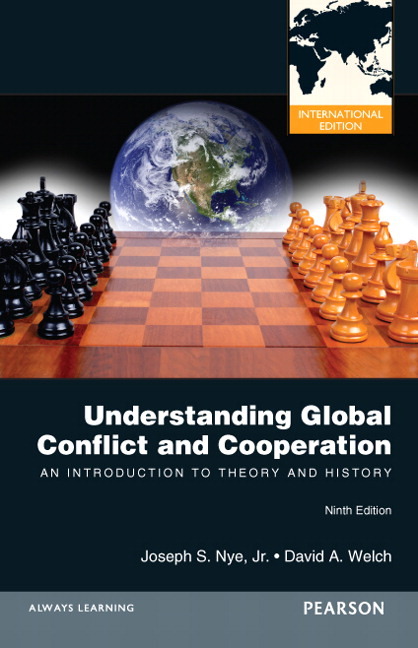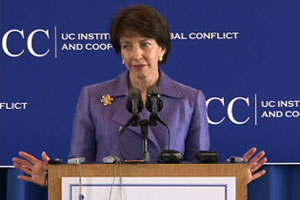Understanding Global Conflict and Cooperation
The sociological debate about globalization has often neglected the place of religion in a global age. This absence is problematic, given the creative role of the world religions in the shaping of the modernization and globalization processes. This article treats globalization as a particular phase of the general process of modernity, and considers religion in terms of four paradoxes. The first (the Nietzsche paradox) argues that, against the received wisdom, fundamentalism is a form of modernization. Although religious fundamentalism may be a reaction to the hybridity brought about by globalization, it is not a traditional reaction. The second (the Parsonian paradox) argues that modernization and globalization constitute religion as a special and separate institutional sphere of society, and hence transform religion into a problem of modernity. Fundamentalism attempts to reverse this pattern and, in the marginal societies of the global system, fundamentalist religion challenges this western version of modernized religion. The third (the McLuhan paradox) is that religious values in a global village expose the incommensurability of cultural systems, but relativism is not easily sustained in practice and globalization paradoxically increases the need for human rights universalism.








No comments:
Post a Comment